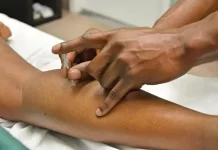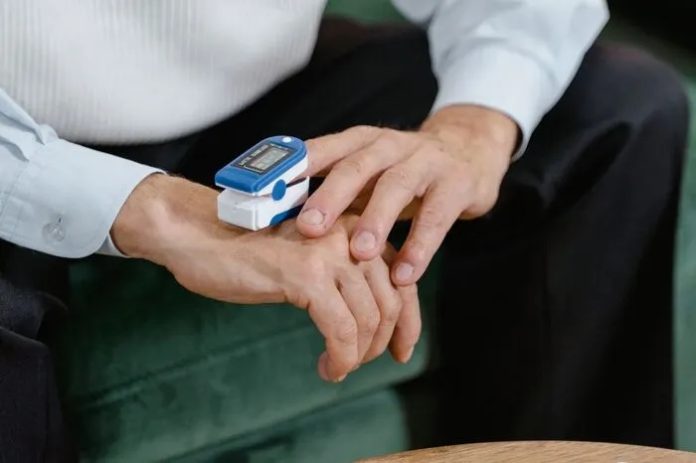The current health crisis has highlighted the need for individuals to take an active role in their own health and well-being. You can’t solely rely on healthcare systems or medical professionals for your overall wellness. Conducting frequent health assessments at home using vital medical instruments can serve dual purposes: preventing serious health issues and offering prompt assistance in emergency situations.
Being prepared for sudden health emergencies is crucial. Having important medical tools at home can enable you to provide immediate care to family members and assess how critical a medical situation is.
With a plethora of medical gadgets available for purchase, selecting the right ones can be daunting. To aid in your decision-making, we’ve compiled a list of must-have medical devices that are useful to have on hand for emergencies.
Automated External Defibrillator (AED)
With heart-related conditions becoming increasingly common, it’s vital to have resources available for sudden crises, especially if a family member has known heart issues. An Automated External Defibrillator (AED) is an indispensable device that can help regulate heart rhythm during a cardiac arrest by delivering an electrical pulse.
AEDs are frequently found in public areas like shopping centers and educational institutions, but having one in your home could be a lifesaver. While they’re generally easy to use, it’s beneficial to undergo training on proper usage.
Home Blood Pressure Monitor
Hypertension is a widespread health problem that could lead to severe complications such as heart attacks and strokes. Digital blood pressure monitors offer an easy and precise way to keep tabs on your blood pressure levels from the comfort of your home. Modern units often show additional metrics like pulse rate and oxygen saturation.
Frequent monitoring can help you detect worrisome fluctuations and could act as a precursor to potential heart-related problems. This also lets you evaluate how well medication for hypertension or heart conditions is working.
Home Glucose Meter
If diabetes or blood sugar imbalances are a concern in your household, a home glucose meter is invaluable. It allows for convenient blood sugar level monitoring without the need for regular medical check-ups.
The device is also beneficial for those who haven’t been diagnosed with diabetes, as it can identify individuals who are unaware they are in a pre-diabetic state. Opt for a user-friendly and trustworthy model.
Pulse Oximeter
Previously exclusive to healthcare settings, pulse oximeters have become increasingly accessible for home use. This non-invasive tool assesses the oxygen saturation levels in your blood and is particularly useful for those dealing with respiratory ailments like asthma or COPD.
The device clips onto your fingertip and provides a quick measurement. Choose a reliable model to ensure accuracy.
Home Nebulizer
For those with respiratory issues like asthma or COPD, a home nebulizer can offer prompt relief by delivering medication straight to the lungs. This helps to widen the airways, making breathing easier.
Nebulizers are especially helpful for preventing severe respiratory emergencies, thereby reducing the necessity for hospital visits. Be sure to select an appropriate model and familiarize yourself with its operation.
Closing Thoughts
Being adequately prepared with the right medical devices can offer peace of mind and readiness for potential emergencies. Besides having a well-stocked first-aid kit, essentials like a blood pressure monitor, AED, home glucose meter, pulse oximeter, and nebulizer should be part of your home’s medical toolkit.
It’s also vital to periodically check these devices for functionality to prevent failures when you need them the most.



























